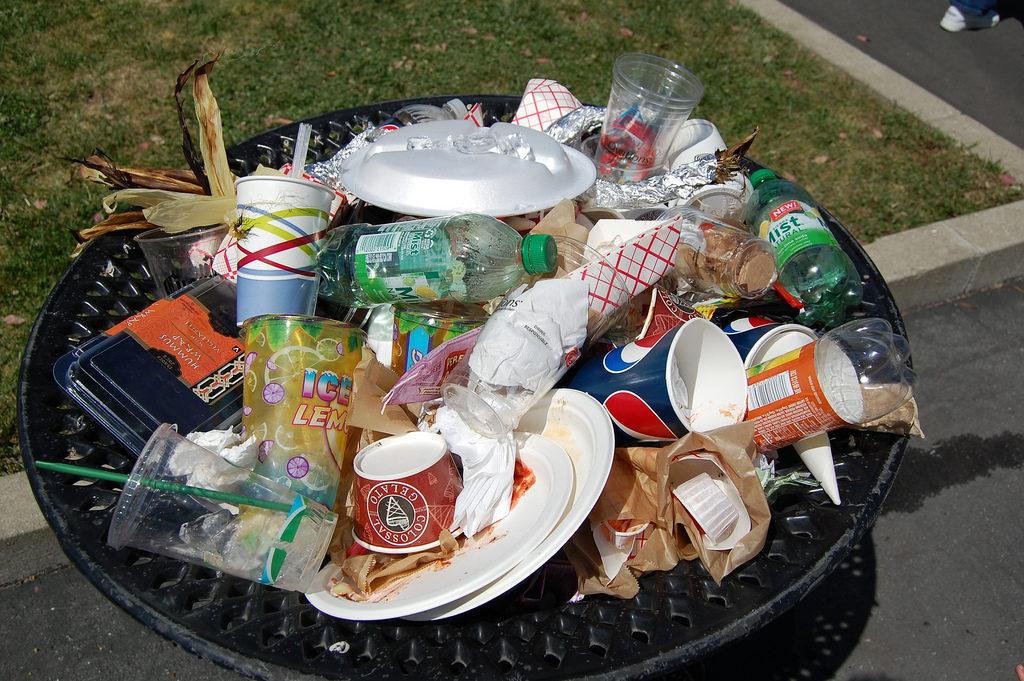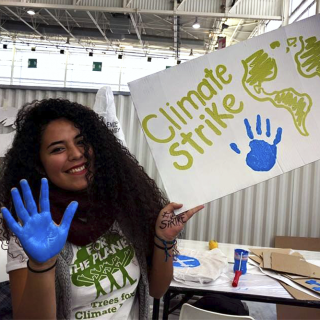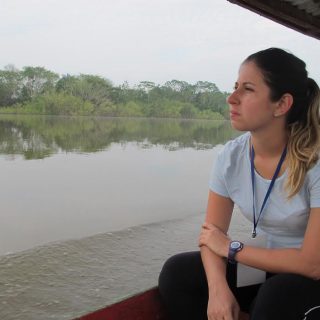It looks like the world is finally waking up to the gravity of our plastic waste situation and has decided to declare war on its consumption. In October of 2017, Chile became the first country in Latin America to outlaw the sale of plastic bags. In December, China announced a ban on importing any recyclable waste (which is a crazy idea in itself, isn’t it?). And 2018 started with more good news: the United Kingdom has presented a plan to limit the use of plastic and ban it altogether within 25 years.
This week, the European Union (EU) spoke up. Perhaps they were inspired by the United Kingdom’s announcement, but also by these statistics: Europeans discard 25 million tons of plastic waste annually, with less than 30% of it going to recycling.
Frans Timmermans, the European Commission’s first vice-president, announced that Brussels will be the first city in the community to implement a strategy to tackle single-use plastic by taxing its use, like Chile. In an interview with five European newspapers, he summed up well how absurd this type of plastic is: “They are produced in five seconds, used for five minutes, and take 500 years to decompose.”
The action is part of a plan by the EU to “clean” the continent of this “plague” by 2030, allowing only for the use of reusable or recyclable plastics and, by extension, reducing or eliminating this type of waste. To reach this goal, the EU will invest approximately 350 million Euros on research, promoting a radical shift in behavior and encouraging the modernization of plastic production and disposal.
Timmermans emphasized: “If we do nothing about this, soon we will have more plastic than fish in the oceans. We will choke from so much plastic!” He recalled that TV programs like the BBC’s Blue Planet have shown this, and that if you visit any beach in Asia after a storm you can find proof of what we have done. By the way, it was an episode of Blue Planet that shook up the UK’s government and led to the measures they have announced.
Due to this scenario, we could end up without food from the oceans – fish and other animals are eating and being harmed by plastics – nor could we count on the environmental services offered every day by the seas. The consumption of this type of material and its irresponsible disposal are, therefore, a public health issue too.
Deep down, the EU’s plan is an environmental reeducation, which is what every country on the planet must do. After all, plastics comprise 85% of global garbage! There is no need to stir your coffee with a stick made of plastic, is there? Or to suck up soda or juice through a straw. If this last “utensil” is indispensable to you – due to hygiene issues – then it’s better to use a paper straw or carry one made of durable material in your bag.
When they announced their campaign against single-use plastic, the Chilean government distributed metal straws to the journalists. To me, this measure is also questionable if we consider that this kind of material can accumulate in our bodies after constant use, which can also be bad for our health. To sum it all up: it’s important to find alternatives and change habits.
The EU’s goal is to reach a 55% recycling rate for plastics being produced/consumed by 2030, and for its member countries to reduce the use of plastic bags per person from 90 to 40 by 2026. Furthermore, each country must monitor and reduce the waste that goes into the sea.
Bottled water is another target of the strategies announced: access to drinkable water on the streets will be allowed in order to ban the everyday use of bottled water. The addition of microplastics to cosmetics and personal hygiene products will also be prohibited, which has already been done in the UK.
In addition to this, EU countries will receive guidance on how to improve the classification and collection of plastic by its consumers; this also applies to the labeling on plastic packaging. Undoubtedly, clear information is essential for the success of this campaign.
Timmermans and other representatives of the European Commission did not give details on how each step of the plan will be implemented. But there is no doubt about the will to take action now. Over 100 million Euros are being invested to develop innovative projects on durability and recycling.
Published on 03/15/2018





